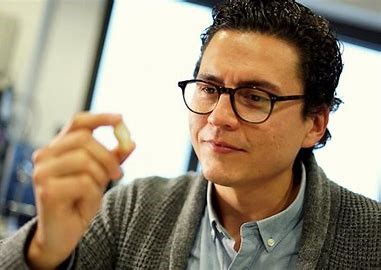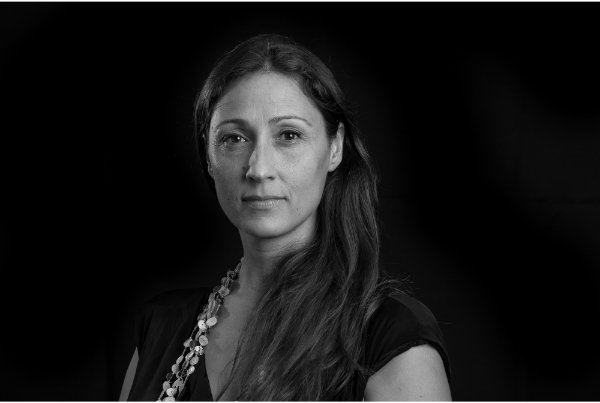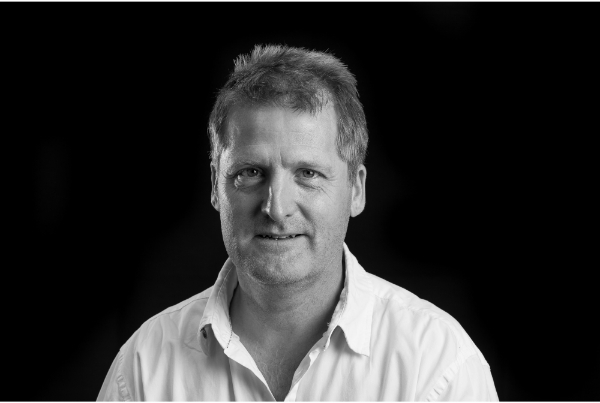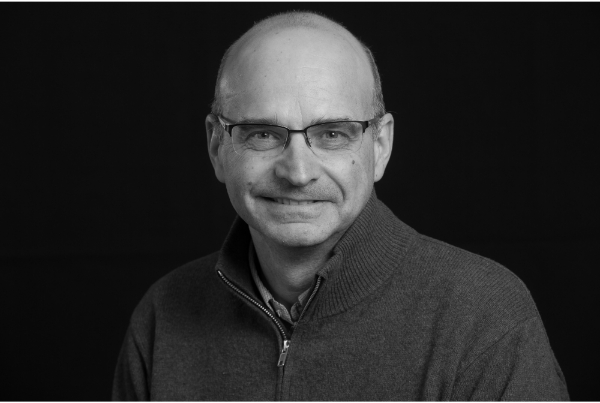
Neus Sabaté (ICREA at CSIC – IMB-CNM)

Juan Pablo Esquivel (Tenured scientist at CSIC – IMB-CNM)
Speakers: ICREA Research Professor Neus Sabaté and Tenured Scientist Juan Pablo Esquivel, both at CSIC – IMB-CNM
When: 21st Januray 2020 at 9am
Where: Hotel Catalonia Plaza Catalunya, Bergara, 11, Barcelona
Since the beginning of our century, we have got used to throwing away our electronic devices and replace them with much modern and updated versions every couple of years. This has a tremendous environmental impact that is often disregarded. One of the components that is incorrectly discarded is also one the most hazardous: the battery. The most alarming factor is that batteries use and consumption is expected to rise significantly in the following years due to the growth of small-sized portable appliances in the internet-of-things scenario.
In view of this perspective, tightened environmental laws and increased provisions for recycling infrastructures (primary battery collection and processing) are urgently needed. However, this scenario is not conducive in the short-term in developing economies due to the high cost and complexity of implementation. Indeed, this may not be environmentally sustainable even for developed economies either; building-up costly and energy-consuming recycling plants to take care of the batteries generated along the linear “take-make-dispose” path followed traditionally since the early days of industrialization entails a huge waste of natural resources, energy and labour. In this sense, the re-thinking of energy sources together with the electronic components that will be powered in a way that fits into a circular economy appears to be a promising path to meet the technological needs of current society without compromising future generations.
The talk addressed the solutions proposed by Sabate and Esquivel to supply sustainable energy to small-sized electronic products and to develop digital sensing devices with minimal electronic content as an example of the new generation of sustainable devices to come.
91st ICREA Colloquium – WEBINAR
Chasing targets for cancer therapy: from basic research to spin-off

Laura Soucek (ICREA at VHIO)

Ángel R. Nebreda (ICREA at IRB Barcelona)
Speakers: ICREA Research Professors Laura Soucek (VHIO) and Angel Rodriguez Nebreda (IRB Barcelona)
When: 27th October 2020 at 6pm
Where: Virtual Format
Dr. Nebreda and Dr. Soucek talked about their challenges and efforts in drugging unconventional targets in cancer:
Dr. Nebreda focused on p38a, a broadly expressed protein kinase that is activated by many extracellular stimuli and controls multiple cellular responses. Although p38a is not an oncogene, cancer cells often rely on this signaling pathway for proliferation and to survive chemotherapy drugs. In addition, p38a signaling mediates the communication between non-cancer cells of the tumor microenvironment and cancer cells, which contributes to tumor progression. Dr. Nebreda described his studies related to p38a functions in different tumor cell types to rationalize the use of p38a inhibitors for cancer therapy.
On the other hand, Dr. Soucek spoke about MYC, one of the most wanted targets for therapeutic intervention in cancer, having a key role in driving and maintaining most, if not all, human tumors. Despite this indisputable therapeutic opportunity, MYC has long been perceived as “undruggable” for its intrinsically disordered nature and fear of catastrophic side effects in normal tissues. Indeed, to date, there is still no MYC inhibitor in the clinic. Dr. Soucek’s research has recently resulted in the creation of Peptomyc S.L., a spin off company of VHIO and ICREA. Peptomyc started clinical trials testing a first-in-class MYC inhibitor in cancer patients in early 2021.
92nd ICREA Colloquium – WEBINAR
The impact of the Covid19 pandemic: economic, social, medical and scientific aspects

Christian Brander (ICREA at IRSI Caixa)

Massimo Motta (ICREA at UPF)
Speakers: ICREA Research Professors Christian Brander (IRSI Caixa), and Massimo Motta (UPF)
When: 15th December 2020 at 6pm
Where: Virtual Format
Dr. Christian Brander discussed the immunological hallmarks of CoV2 infection, the course of the epidemic and review the current status of vaccine development, with a special focus on fast track clinical trial procedure.
Dr. Massimo Motta explored the short-run and (possible) long-run effects of the covid crisis, from a microeconomic perspective